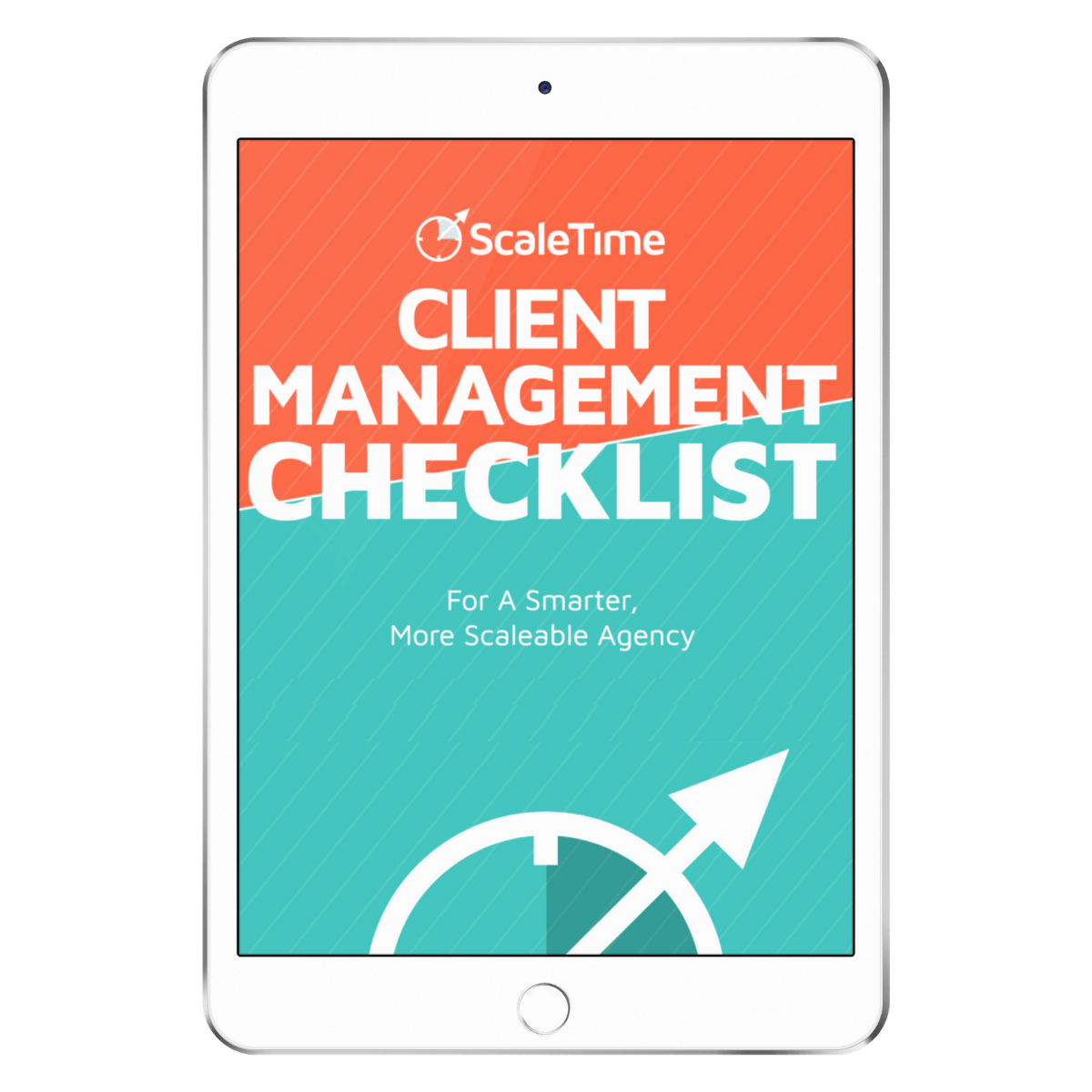
When you’ve got multiple projects going at once, your business can go one of two ways:
Fireworks. Yay!
Up in smoke. Womp womp womp.
Managing expectations, on-point resource allocation, and assigning tasks that play to your team member’s strengths are critical for completing successful projects.
So you don’t want to mess this up, project manager. Why?
Because project management skills are essential for guiding stakeholders’ expectations and overcoming project challenges and various project risks.
As a project manager, you job duties are to manage the team’s workload effectively. You keep the project on track and progressing. And your ability to lead projects will ultimately impact the output and growth of the team and the organization itself.
Effective project managers may have a project management certification under their belts. But there are many soft and technical skills necessary for a successful career in this field.
So, let’s get into the various collaboration tools and processes that will help you manage your team effectively and still get invited to parties on the weekend.

What Is Project Management?
At its core, project management is basically the process of leading a team that completes various projects. But there’s a lot more to it.
As a project manager, you wear many hats and spin a lot of plates:
- Assign tasks that play to team member’s strengths
- Manage tasks and keep all your projects on schedule and in budget
- Check in on the project status
- Deliver valuable products to customers
In addition, an airtight project management process ensures that organizations take advantage of all the benefits the project management process can offer. Namely, ensuring a high and replicable standard of deliverables.
Another important aspect successful project planning is that it helps businesses have a clear focus and goals for efficient product delivery.
However, utilizing your amazing project management skills is easier said than done.
Many digital agencies and business fail at project management skills is mostly due to poor planning. Another common pitfall is a lack of communication with an essential team member and not making the most of available project management tools.
This article will discuss techniques for becoming a great project manager.
Why it’s critical for the project manager to find the right tools
Every project management phase, from initiation to closure, is vital for success.
Automation has accelerated project management processes. To be a successful project manager, you’ll want to make good use of the many convenient project management software tools on the market today.
Some of these tools require the project manager to undergo technical training to use them accurately. So, you’ll want to find the tools that will help you master the must-have project management skills so you can level up you agency’s project management process.
A good project manager should find tools that work well for them AND their team members. Tools are essential for completing tasks such as resource management, collaboration, communication, team management, and reporting efficiently.
9 Reasons for Choosing the Appropriate Tools for a Project Manager
A savvy project manager understands that the appropriate software is vital to delivering projects on time and in budget.
All-inclusive project management tools enable you to achieve your goals, such as creating roadmaps, to-do lists, and scheduling. Some of the most popular project management tools are:
- Asana
- Monday
- ClickUp
- Notion
Lets take a closer look at some of the reasons good project managers use project management software:
It enables a standardized project process
Project managers can easily organize deliverables, dependencies, assignees, and complete tasks before their due dates. As a project manager, you must document all your deliverables and resources and transfer the details to the dedicated software to ensure coherence and cohesion among key stakeholders.
Enables smooth collaboration
Project managers can control the entire team from a central point, enabling them to manage remote teams. This makes it possible for successful project management and team project delivery.
Some examples of collaboration tools for project managers are Trello, Click Up, Asana, Monday.com, and Slack.
Important for task prioritization
These tools are essential for project management success because they help improve the productivity of team members and make task prioritization easier. A successful project manager should determine the order of urgency and assign top-priority tasks to project team members to complete.
Examples of prioritization tools include HubSpot Task Management, ProofHub, and Wrike.
Better team workflow
A great project manager ensures the entire team focuses on project tasks evenly without distractions to enable team performance. A combination of soft skills such as communication, time management, and project team management tools helps project managers organize each team member, assign tasks, and hit milestones.
It makes large projects achievable
Managing projects, big and small, can be hectic for the project manager and team members. A work breakdown schedule gives you a visual, step-by-step breakdown of big projects into smaller, more manageable project goals.
Check out 6 work breakdown structure tools to make the next task less overwhelming.
Improves reporting and tracking
Reporting tools allow project managers, team members, and clients to track activities and continually monitor the project data to ensure challenges and feedback are handled accordingly. As a result, key stakeholders are keep in the loop about the project’s progress.
Efficient resource management
Projects are usually allocated resources such as a definite time frame, budget, and materials depending on their size.
A great project manager who uses the correct resource management tools should be able to plan accurately, schedule, and apportion resources to complete the task. For example, Float, Resource Guru, and Forecast.
Ensures project documentation
A skilled project manager should record everything to ensure project success. Proper documentation and clearly laid out plans guide team members, managers, and other stakeholders to clearly defined goals and quicker progress.
Essential for project risk management
All projects are exposed to risks such as overspending, schedule delays, and requirement misses. A great project manager should use risk management tools to proactively list potential risks, ways to avoid them, and mitigate them if they occur.
To Over Communicate

Communication with your team, clients, and other project stakeholders should be realistic and honest so everyone knows what to expect. For a successful project management process, project managers need to be consistent, clear, and even give more information than necessary to the client and team members.
Communication is crucial for a project’s success in the project management world. As a successful project manager, you’ll need to be present in meetings and communicate with internal and external stakeholders.
Ways Project Managers Can Assure Steady Communication
To become a better project manager, constant and consistent communication is required. So be sure to:
Write everything down
Project managers must record everything from project planning to completion to quickly convey pertinent information. This will ensure that team members have all details they need to do their jobs.
Use project management COMMUNICATION tools
Project communication tools come in handy for project managers to streamline communication and keep everyone on the same page.
Having agreed channels to pass information to stakeholders helps the entire team’s collaboration.
Project communication tools include Slack, Zoom, Skype, ClickMeeting, and Google Suite.
Level up your communication skills
A good project manager understands that good communication skills are essential to a project management career. For some, the skill comes naturally. But for for others, they’ll need some additional training to sharpen their skills.
Be a team leader
Every project manager shows their team members the path they need to follow for a job well done. Communicating project requirements helps everyone work towards common objectives and goals.
Ultimately, you need the entire team working together for the project’s success. It requires holding your team members and yourself accountable for achieving milestones and deliverables.
Keep learning
As the project manager, you’ll be dealing with multiple stakeholders. Therefore, focusing on the project while addressing their interests toward attaining various goals is considered a brilliant, must-have project management skill.
Knowing team members’ personalities will enable you to work smart and utilize each team member’s strengths effectively.
Also, be ready to listen to team members questions and concerns. Act promptly to keep things humming along and everyone happy.
Be detailed and delegate properly
Project managers delegate tasks to team members daily. Being detailed enough with expectations allows for the accurate task execution, which avoids confusion and keeps the project moving.
Schedule meetings regularly
Project managers must consistently plan meetings through all phases of project management and regularly remind team members of the schedule. In addition, meetings are important for reviewing team performance and understanding project status.
Take full advantage of the meeting to ask questions and receive feedback. Encourage questions from team members so they can provide support if needed.
Have a Back-Up Plan

Always have plans A, B, C, and D! This reduces the risk of project failure. If one plan fails, you’ve got alternative ways to complete the project up your sleeve. Within the backup plan, develop preventive measures against scope creep.
Great project managers understand that having well-defined goals and agreeing with the client on scope will make management and delivery easier. In addition, communicating with team members, clients, and other stakeholders about the consequences of diverting from the agreed scope will reduce the chances of disappointment.
Having a network of other project managers is necessary for successful project managers. Consult with your colleagues if you face a challenges beyond your expertise. Knowing when to pull in subject matter experts who are members of other departments or external consultants is one project management skill you’ll want to sharpen.
Benefits of having a backup plan to manage projects:
- Maintains trust in the project manager’s professional skills
- Helps the team focus on the main objectives, making the entire project management process easier
- Enables fast recovery of the project process in case of disaster, reducing downtime
- Allows the project manager to switch to another plan, lowering overhead costs and increasing cost savings
- Increases the project manager’s confidence to focus on the project without worrying about uncertainties
Conclusion
In the project management profession, the most successful members aim to fulfill every single requirement of the project. The best project managers work to improve their skills and find techniques that help them meet deadlines and complete deliverables that leave clients consistently impressed.
So, your recommended courses of action for improved project management are:
- Choose the appropriate tool depending on the project scope, type, and goals
- Over-communicate with all stakeholders to keep them on the same page for successful project delivery.
- Have alternative project plans to avoid the risk of the dreaded scope creep
With an experienced project manager on board, the team will be more productive as they set goals and achieve them according to the set timeline.
Project team members will also be able to spot risks and potential problems before they become actual problems, since they’ve got all the necessary facts and tools at their disposal.
Are you working harder than a grizzly bear before the winter of project despair sets in? Get ready to eliminate the many project management challenges your business faces and finally take a breather.
Download the agency project management checklist for better project handling.





















%20(1).gif)
